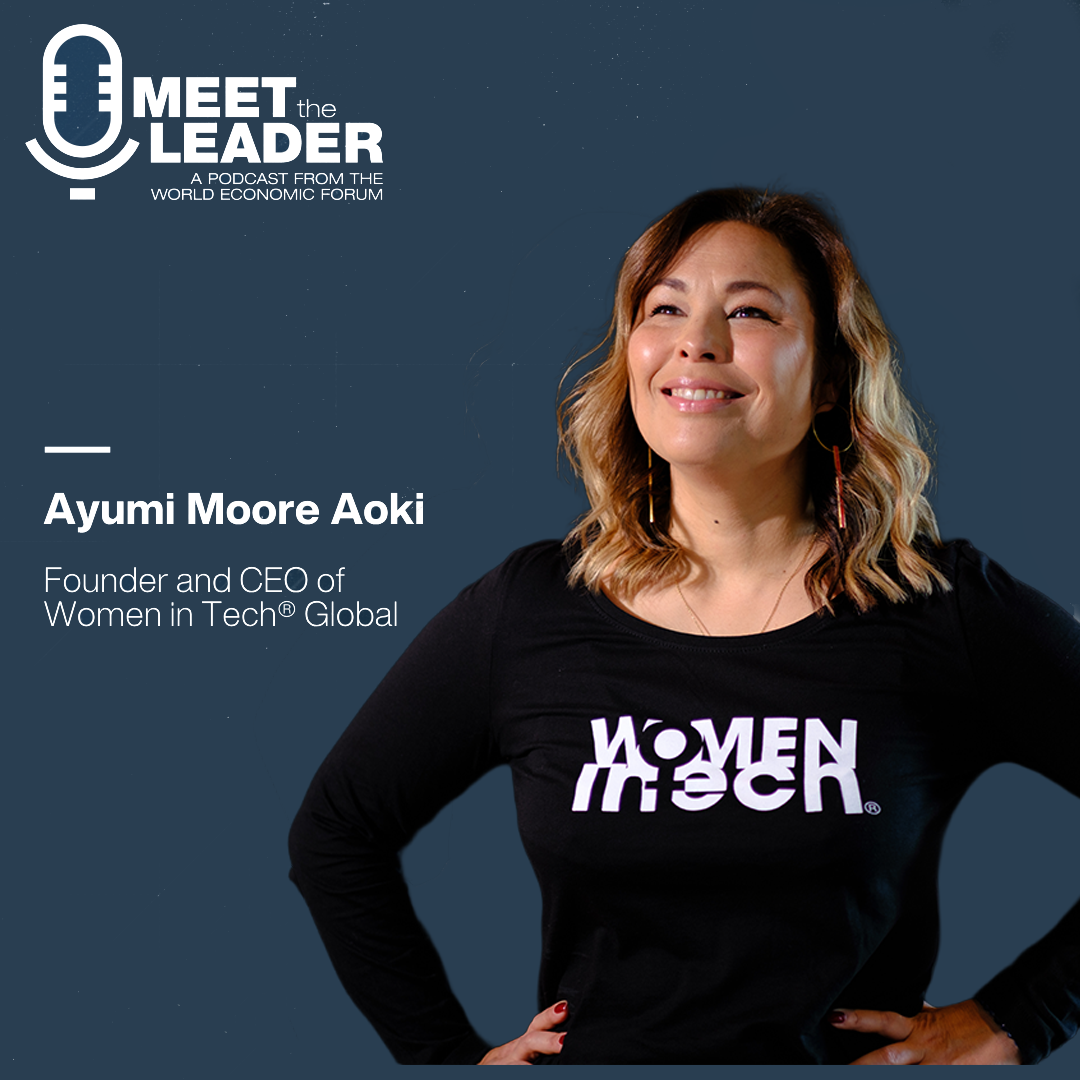Universal Basic Income is no magic bullet against poverty, finds OECD

Cash in hand: The debate around Universal Basic Income (UBI) is heating up Image: REUTERS/Kim Hong-Ji
It’s been used in Alaska for years, and in Iran since 2011, but the Swedes don’t think it’s a good idea.
Finland has a trial in progress and the UK is considering a pilot scheme. Meanwhile in Kenya, a charity is trying to get the “largest experiment in history” off the ground.
What are we talking about? Universal Basic Income, or UBI.
UBI is a radical shift away from current means-tested welfare systems, and is based on the idea that everyone, regardless of status, employment or wealth, receives a regular sum of money from the government. As a handful of countries experiment with basic income schemes and high-profile tech entrepreneurs endorse the concept, a new study by the Organization for Economic Co-operation and Development (OECD) suggests that UBI might not be all it’s cracked up to be.
What is it?
UBI is a flat-rate payment that isn’t linked to any income earned or existing welfare benefits. Any money earned above the flat rate is then taxed as normal.
The idea of UBI is to end poverty by providing everyone with a basic level of income. Its proponents say this would give those already above the poverty line the economic security to pursue their work ambitions, as well as education and training. And that it would encourage entrepreneurship as setting up a new business would be less risky with a safety net in place.
Those in favour of UBI argue that it would be a cheaper system to run than existing means-tested welfare. It would boost social cohesion, and end the stigma of unemployment benefits.Those in unpaid work, such as stay-at-home parents and carers, would receive an income, and poorer workers would receive a much-needed boost to their salaries.
Its detractors, however, argue that some people might choose not to work at all. There is also the question of whether it would entice more people to move to the country offering a basic income, stirring up tensions over immigration.
Then there is the critical point of how it would be funded.
While UBI is not a new idea, it has gathered momentum recently because of increasing concern over rising inequality, and the likelihood that in the very near future, millions of jobs will be lost to automation.
Can we afford it?
The OECD’s recent report on UBI compares the costs in four OECD countries – Finland, France, Italy and the UK – and concludes that it is no magic bullet for poverty.
For starters, the OECD says that a UBI that lifts people out of poverty will cost much more than countries currently spend on welfare.

This means that massive increases in taxes – up to 10% of GDP in some countries – as well as a reduction in other benefits, would be needed to fund it.

The report also says that not everyone would benefit. The rich and the poor would gain the least, while people on middle incomes would gain the most. Early retirees also stand to lose out. Those currently on benefits would lose out, says the OECD, especially in countries where existing social protection is comprehensive.

The OECD concludes that, without targeted benefits, or much higher spending, the risk of poverty might actually increase, as people lose their existing benefits in favour of UBI.

In terms of how to raise the money to fund UBIs, some suggest a percentage of capital stock (shares) from every initial public offering (IPO) could be channeled into a Commons Capital Depository, which is then used to fund the income. Others say we could raise the money by taxing all forms of pollution, financial transactions and extreme wealth.
What are the alternatives?
The OECD suggests that a more moderate form of UBI could work; where some existing benefits – such as for those early retirees – remain in place. Or making it available only for a certain number of years during a person’s lifetime, perhaps with restrictions.
But Margareta Drzeniek, Head of Global Competitiveness and Risks and Member of the Executive Committee at the World Economic Forum, argues that UBI is no panacea for poverty and the challenges posed by the automation of jobs:
“We should explore other options. We need more policy innovation and experimentation on how to ensure the sustainability of social security systems and the distribution of income in a Fourth Industrial Revolution world,” she says.
“The World Economic Forum Inclusive Growth Framework shows what is needed is a broader set of policies and measures that include, but are not limited to, well-functioning social security systems."
The Inclusive Growth Framework includes a raft of initiatives in areas such as education and skills, basic services and infrastructure and employment and labour compensation that are aimed at boosting living standards while reinforcing growth.

Does it work?
Alaska is currently the only example of a UBI that is widespread and ongoing - albeit it as a one-off annual payment, not a living wage. In 1976, the State of Alaska set up the Alaska Permanent Fund, which receives a minimum of 25% of the revenues of the transit oil pipeline network. Every permanent resident of Alaska can apply for an annual dividend. In 2016, it was $1,022.
A study into the effects of the dividend found that Alaskans didn’t work less. Nor was there a surge of people moving to the state to take advantage of the free payment – another argument against UBI – even though new arrivals are entitled to receive it after a year.
Iran’s cash payment scheme also showed that recipients didn’t become work-shy.
A report into the Iranian scheme, where each household received almost a third (29%) of median household income, or about $1.50 extra per head of household, per day, said there was no evidence to suggest that people worked less. Some even worked longer hours, the report found.
However, Iran struggled to afford it. Since the start of the scheme millions have lost access to the payments.
The OECD concludes that, despite the shortcomings of UBI, the debate “usefully shines light on gaps in social protection systems, and universal benefits alleviate coverage problems”.
Don't miss any update on this topic
Create a free account and access your personalized content collection with our latest publications and analyses.
License and Republishing
World Economic Forum articles may be republished in accordance with the Creative Commons Attribution-NonCommercial-NoDerivatives 4.0 International Public License, and in accordance with our Terms of Use.
The views expressed in this article are those of the author alone and not the World Economic Forum.
Stay up to date:
Future of Consumption
Forum Stories newsletter
Bringing you weekly curated insights and analysis on the global issues that matter.
More on Technological InnovationSee all
Alireza Haghighi and Khalid Alaamer
February 24, 2026






